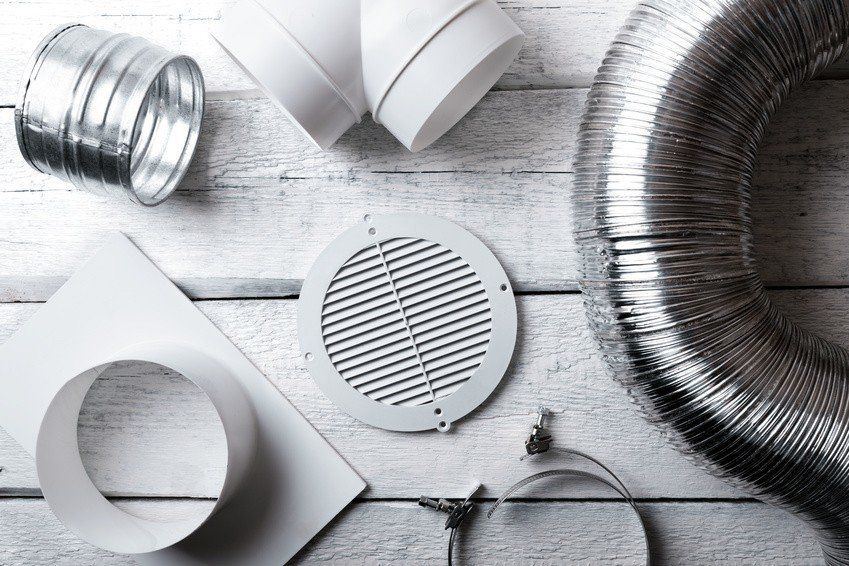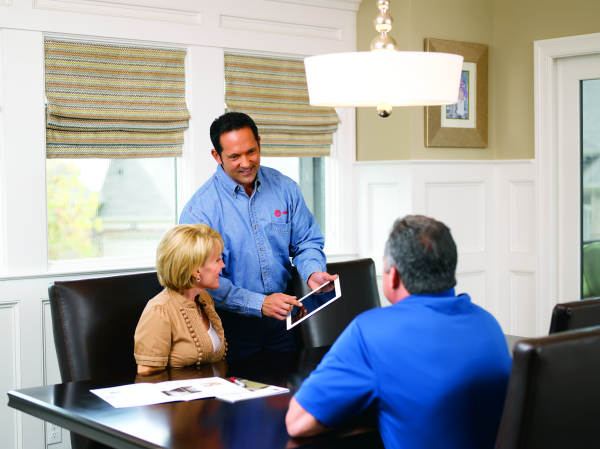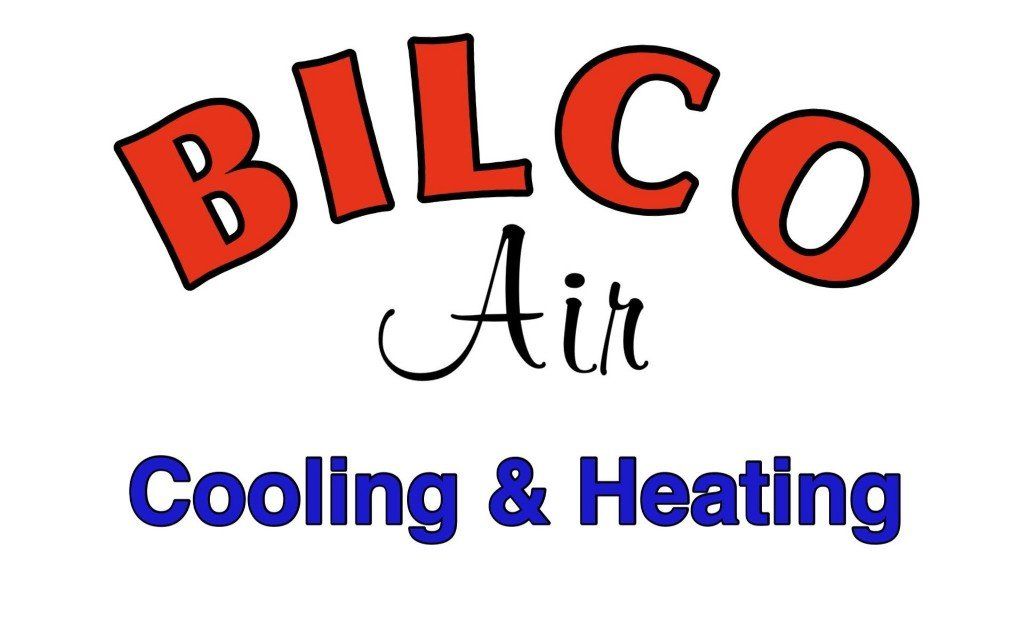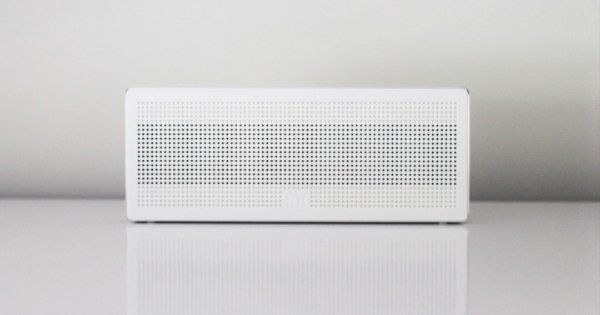Advice From An HVAC Technician
Bilco Air Cooling & Heating • May 23, 2019
Your HVAC or the heating, ventilation and air conditioning system, needs maintenance for a long life and cost savings. Whether you have a residential, commercial, or industrial HVAC
system, you should have it maintained and serviced because repairs can be expensive. You want to get the most bang for your buck.
Homeowners, business owners, maintenance managers, and others have questions about their HVAC systems. You may be asking, do I have to call an HVAC company to get my questions answered without having to pay for a service technician to come out? Short answer, no, you do not. The following is a conversation a customer could have with an HVAC expert:
How Often Should My Furnace be Checked by a Technician?
Service technician: Is there a heat pump or air conditioner involved?
Customer: I am not sure.
Service technician: Homeowners can do some of the maintenance that a service technician would do on an annual maintenance program. Although cleaning the furnace coil or checking refrigerant levels requires professional assistance. However, you can clean the blower, change the filters, and check ductwork by looking for missing tape or a leaky furnace. You can also clean the ignition sensor and vacuum the compartment of the burner. Do not try to remove parts as this is probably too technical.
You should have a professional service technician perform any necessary analysis or troubleshooting for a gas furnace. This is important to do, especially if the furnace is older than 10 years. Heating repair can be especially costly.
Customer: Yes, I remember, it is a gas furnace. It's only 2 years old. I don't usually do my own maintenance and I was told that there was a problem with the pressure sensor.
Service technician: If it's the sensor on the vent, then it is important to remember that a high efficiency furnace produces a lot of condensation. Tubes that connect to the pressure sensor can become dirty or clogged. There are drip tubes as well and they should be cleaned. This can be done rather easily by blowing or using a thin, stiff object, such as a straightened paper clip, to clean out the tubes.
Customer: Okay. We have had a lot of rain and wind recently, so it could be possible that moisture built up. We did have an HVAC repair technician service the equipment and replace the sensor. Fortunately for us, it's still under warranty.
Service technician: Any other questions?
Customer: No, thank you for your help.
This is only part of a possible conversation, but it is helpful in assessing whether you should service your HVAC system yourself or have a professional HVAC company send a technician.
For HVAC Repairs, It's Always a Good Idea to Have a Professional Inspect
Customers are wise to have their industrial HVAC systems professionally checked because an annual maintenance check from a licensed industrial HVAC expert can help reduce your monthly energy bill. You may save as much as 15% and this maintenance will help prevent against premature breakdown.
You want the cooling and heating to work in your home and your business. Do the right thing and look up an HVAC company for your industrial HVAC installation, maintenance, and repairs.

HVAC Repairs Houston TX Maintaining proper care of your cooling and heating unit is essential to the comfort of your workplace or home. Houston TX is known for their hot summers and ensuring your air conditioning unit is routinely maintained can make the transition from Spring to Summer easier and help the unit last longer. With regular maintenance, most air conditioners last 15 years. Skipping out on maintenance can result in a 5% loss of operating efficiency each year. A licensed HVAC repair expert can assist in HVAC repairs to prevent early breakdown and reduce your energy bill by 15%. Before you think about DIYing it, here are some HVAC repair tips. Turn Off Power: Before taking anything apart, locate the power source and turn off all power. The easiest way to ensure safety from electrocution is to completely unplug the HVAC unit. It is recommended to at least shut off the power on the unit itself as well as the switch in the breaker box. Debris Removal: Once the power is off, take the fan grill and fan out of the unit and clean large debris from the inside. Doctor the Fins: The fins allow the air to flow. The fins are delicate so use a gentle brush on a shop vacuum and rinse the fins with water from the inside out. If needed, an HVAC repair service can recommend a chemical cleaner. Once the fins are clean, gently straighten any bent fins with a butter knife. Detail the Exterior of the Unit: Put the air conditioner back together and clean up the area around the unit. Remove leaves nearby and if the unit is not currently being used, a cover can be placed on top to keep debris from falling inside. Also make sure the unit is standing on level ground. Evaporator Coil and Drain: Check the evaporator coils on the inside of the house and clean with a spray foam if necessary. Then check to make sure the evaporator drain is unclogged and clear of algae. Even with taking care of the air conditioner yourself, request services of HVAC repairs Houston TX to help keep your HVAC running efficiently for as long as possible.

What size air conditioner or furnace do I need for my home? We get this question a lot and it’s an important one. Because if you buy an HVAC system that’s too big, you’ll end up wasting money and energy. And if it’s too small, you won’t get enough cool or warm air flowing through your home. Figuring out an accurate HVAC size involves 2 basic steps. But there are a lot of details to consider in the process. STEP 1: DETERMINE HOW MANY BTUS OF HEATING AND TONS OF AC YOU NEED Method 1: Manual J Calculation The best way to determine the perfect HVAC unit size is to have a Manual J calculation done for your house. The Manual J calculation is the most precise measurement available because it considers factors like: Square footage Climate zone Ductwork Number and style of windows Natural shade or sunlight Quality and amount of insulation Number of people using the space Heat-generating appliances Many utility companies offer a free energy audit that will provide you with your Manual J calculation — just ask. You can also hire an energy auditor or HVAC dealer to do your audit. With a Manual J report in hand, you’ll know exactly how many British Thermal Units (BTUs) of heating and cooling you need for your home. Method 2: Square Footage Measurements You can also get a rough estimate by looking at the square footage of your house. This chart is a general guideline that covers tiny houses to average size homes. House Square Footage BTUs Needed 100 – 150 5,000 150 – 250 6,000 250 – 300 7,000 300 – 350 8,000 350 – 400 9,000 400 – 450 10,000 450 – 500 12,000 500 – 700 14,000 700 – 1,000 18,000 1,000 – 1,200 21,000 1,200 – 1,400 23,000 1,400 – 1,500 24,000 1,500 – 2,000 30,000 2,000 – 2,500 34,000 No matter which method you choose, the goal is to estimate the number of BTUs you need to comfortably cool or heat your entire home. Once you’ve got that, it’s time to shop around and make your HVAC pick. STEP 2: DECIDE WHICH UNIT TO BUY Now it’s time to work with Bilco Air Cooling & Heating to learn more about the heating and cooling products we offer. If your BTU requirement is between sizes, simply go with the bigger unit. Having a little extra power isn’t bad. This will make sure your system can handle the load on days with extremely high or low temperatures. If you get a unit that’s too small, you may regret it on the hottest and coldest days of the year. Just beware of getting too big of a unit, because it will heat or cool your home too quickly and then shut off. This frequent on and off cycle will cause uneven temperatures and higher energy bills. Rule of Thumb — The maximum size unit you should buy would be 15% over the BTUs you need for cooling and 40% of the BTUs for heating. The max for heat pumps is 25%, since it handles both cooling and heating.



